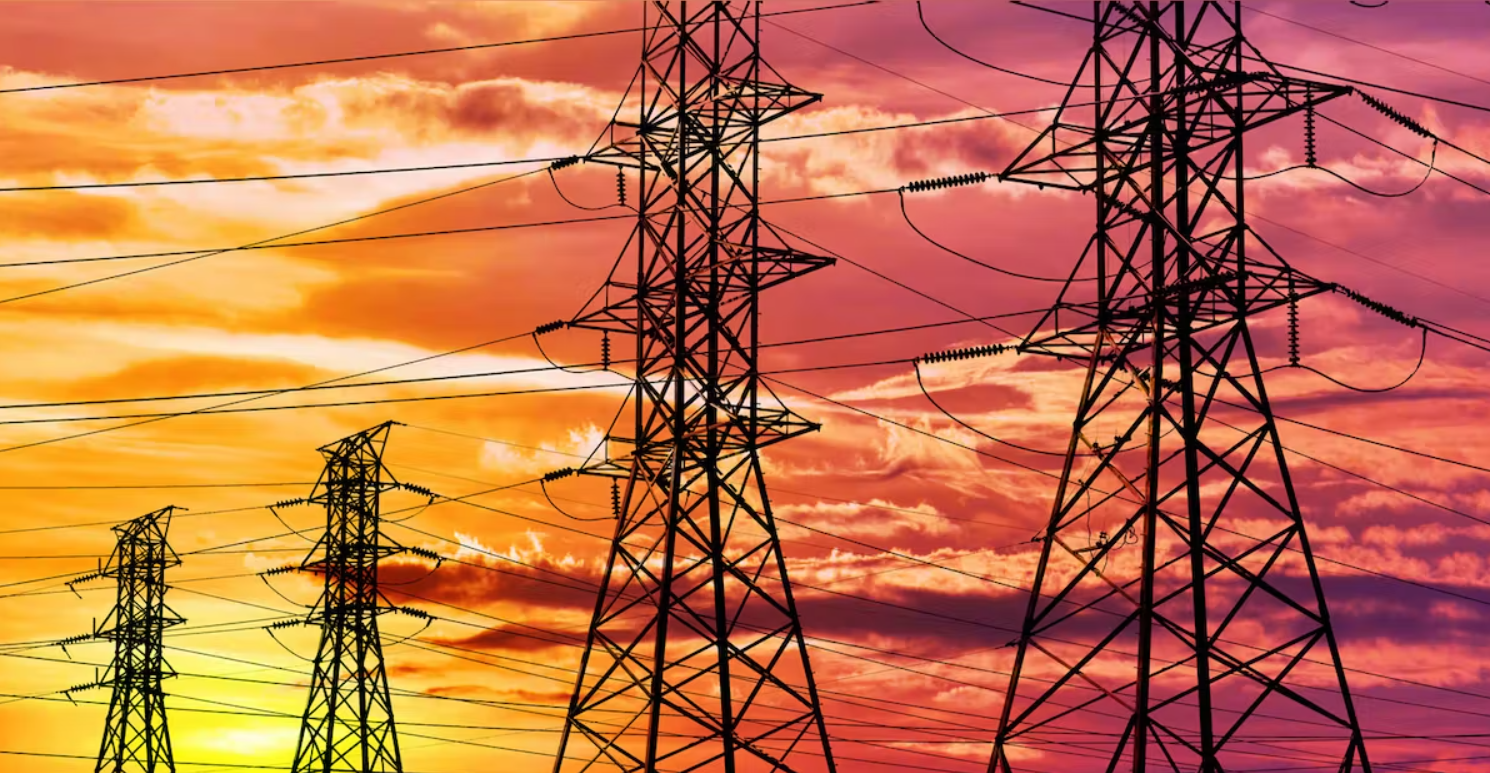

The U.K. Can Slash Energy Prices – But Only If We Stop Sending All Our Electricity to Europe
There are many plans to deal with the energy crisis doing the rounds. Most of them seem to have more to do with guaranteeing the profits of renewables operators than with helping consumers and businesses out. And even those who do want to try to get prices down are somewhat hamstrung by the fact that the benefits of any steps taken in the U.K. would be shared with neighbouring countries.
That’s why Liz Truss has seen no option but to target symptoms rather than causes. However, her plan to cap bills will lead to an astonishing increase in the public debt, at a time when we can least afford it. That cost will be a terrible burden on future generations, and it is therefore incumbent on the Prime Minister to minimise the bill. In other words, her plan can only be the first step. Work to bring prices down needs to continue with great urgency.
Forget all the nonsense about renewables and emergency insulation programmes or splitting the electricity market in two. These ideas are likely to fail, and even if they didn’t wouldn’t be of any help before disastrous levels of debt had been clocked up.
Cutting to the chase, energy prices are so high because an obsession with decarbonisation has led our neighbours to make a disastrous hash of their energy systems. The Germans, fixated on the idea of eliminating coal from their grid, dashed for renewables and Russian gas. The French, again driven by green dogma, let their nuclear fleet age to the extent that its output has started to decline alarmingly. Neither has given a moment’s thought to energy security; climate change has been the only concern.
The Russian invasion of Ukraine has now brought the chickens home to roost rather sooner than most people expected. Some commentators have expressed the hope that Putin will shortly be toppled as a result of Russia’s recent military setbacks in Ukraine and the flow of Russian gas will resume, but we cannot count on that. With the flow of Russian gas cut off, Europe has been plunged into an energy crisis, with sky-high prices now the norm. And there is no escape for us here in the U.K.; the interconnectors are now almost constantly on export, as markets here respond to the high prices available on the continent. Energy bills in London are therefore just as bad as they are in Berlin.
Not everyone is in this disastrous state though. Spain, like us, is very reliant on gas, but its electricity prices are much lower than the rest of Europe, because it has very little interconnection across the Pyrenees. The lesson, if Liz Truss dares to take it, is therefore to stop the cross-channel trade in electricity, or at least to restrict it to system balancing and emergencies. As we set out in a plan published by Net Zero Watch, the savings are likely to be very significant. That single step could save each household £800 per year.
A word of explanation is necessary to justify what might seem to some an impossibly large figure. It’s important to understand that generators who can supply at low prices don’t do so – they are capitalists, after all. Instead, they work out what they think the highest price paid in the market will be, and then bid to supply at the same price. Since, in their desperation, the French and Germans are currently paying sky-high ‘scarcity’ prices, every generator in the U.K. market can in principle earn the same king’s ransom for their output. Eliminating the cross-border trade therefore simply reduces the highest price available to the much more sensible level required by our older gas-fired power stations.
Having taken this momentous first step, our grid becomes an island, which means that the benefits of any further cost-reduction steps we take will no longer be shared with our neighbours. And to the extent that these affect those older gas-fired power stations, market prices will fall across the board. So, for example, suspending the Emissions Trading Scheme could save another £400 per household; reducing the Renewables Obligation to zero would save another £200.
In fact, in an island grid, there are lots of things you could do. Repealing the Large Combustion Plant Directive would allow gasoil to be burned instead of natural gas. So if gas prices soar, an alternative fuel is available. The chief beneficiaries are likely to be those older gas-fired power stations, which should be able to burn oil anyway. Newer plant might need relatively minor changes to combustors.
In the slightly longer term, further savings, nearly as big again, could be made. Islanding our gas grid by preventing the cross-border trade would keep prices dramatically lower, although we would have to ensure adequate alternative supplies were in place first. The Government could also pay for equipment upgrades in those older gas-fired power stations, so that plant is as efficient, and therefore as cheap, as possible. And it goes without saying that an increase in the supply of natural gas, from a domestic shale gas industry, would help things no end.
Is it callous to propose to disconnect ourselves from our neighbours in this way? They have made catastrophic mistakes in the way they run their energy systems, and they are now paying the price for their global-warming virtue-signalling. We have made many of the same errors too, of course, and are just lucky that disaster has struck elsewhere first. But the choice we face is a stark one. Their economies face disaster, and the disaster is being transmitted to us down the interconnectors. The Conservative Party, divided as it is on the subject of climate and energy, must choose between letting the economy and the country collapse alongside them, or to save the nation.
Andrew Montford is Deputy Director of Net Zero Watch. Gordon Hughes was Professor of Economics at the University of Edinburgh.







